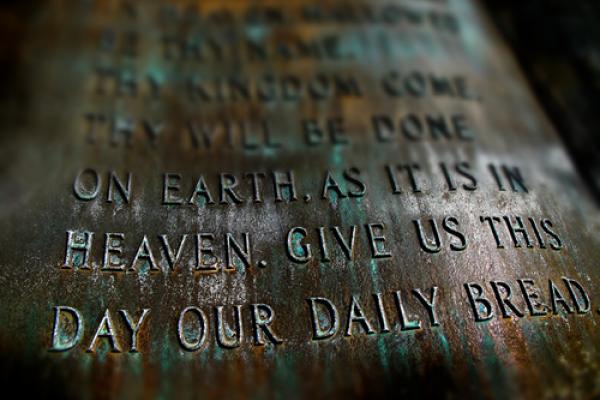After reciting what we call the Lord’s prayer one Sunday, I got to thinking about how many times I’d said those words. Thousands? But how many times have I actually thought about what the words mean?
If we pay attention, it’s a prayer that makes us very uncomfortable.* These words of a peasant Jewish rabbi from 2,000 years ago challenge so much about the way we live — all of us, regardless of what religion we follow. If we’re honest, most of us don’t like it and have no intention of living by what it says.
Which presents a question: Isn’t it a problem if we pray one way and live another? Shouldn’t our prayers reflect how we actually try to live?
Along those lines, perhaps we should rewrite the Lord’s prayer and make it conform to what we really believe. In that spirit, here’s a rough draft of what it might sound like if the Lord‘s prayer was actually our prayer.
Read the Full Article

